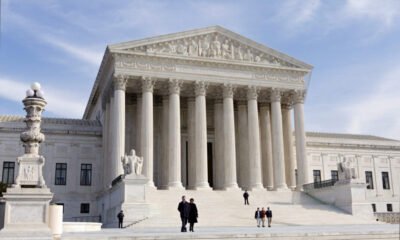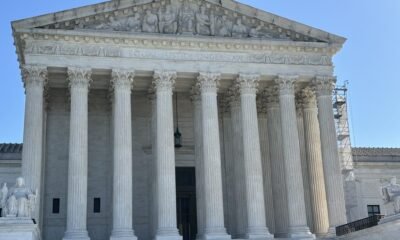Allison Feldman
AZ Supreme Court: Illegally Obtained DNA Evidence Would Have Surface Naturally

In a landmark ruling on Tuesday, the Arizona Supreme Court determined that DNA evidence obtained from a murder suspect can be used in court, despite the police’s breach of constitutional rights during its collection. This decision centers around the case of Ian Mitcham, who is accused of murdering Allison Feldman in 2015.
The court, in a unanimous vote, addressed concerns over genetic privacy while allowing prosecutors to move forward with their case against Mitcham. Feldman, who was sexually assaulted in her Scottsdale home, died from severe head trauma.
The investigation began when the Scottsdale police examined a blood sample from Mitcham taken during a DUI arrest a month prior to Feldman’s death. Although this analysis occurred several years later, it aimed to identify potential familial links to DNA found at the crime scene.
Detectives discovered that Mitcham’s brother was a possible relative of the unidentified individual, prompting a renewed focus on Mitcham’s case. Authorities had retained his blood samples longer than agreed, leading to the controversial DNA extraction in 2018 without a new warrant.
Chief Justice Ann Timmer emphasized that, while Mitcham surrendered some control over his blood sample, he retained privacy rights over the DNA extracted from it. Furthermore, the ruling established that extracting a DNA profile is a distinct search requiring appropriate legal protocols, despite lawful possession of the biological sample.
Under the “inevitable discovery” doctrine, the justices concluded that the evidence could still be admitted in court, as Mitcham would have eventually been obligated to provide a DNA sample due to later felony convictions under Arizona law.
This decision mandates law enforcement to secure warrants for new analyses of biological samples, though it allows for exceptions under certain circumstances. Timmer stated that legal verifiability must exist to show that evidence could have been discovered lawfully, independent of any illegal actions.
Following Mitcham’s indictment in 2018 for first-degree murder and other charges related to Feldman’s death, initial rulings suppressed the DNA evidence. However, the recent Supreme Court ruling reverses this suppression, paving the way for prosecutors to utilize the DNA against him in court.
This ruling reflects broader national conversations regarding privacy rights in light of advancing DNA technology and increasing genetic databases. As courts continue to navigate these complex issues, Arizona’s framework will significantly influence future cases involving genetic evidence.
The case will proceed in the Maricopa Superior Court, where Mitcham remains in custody awaiting further legal developments.


















